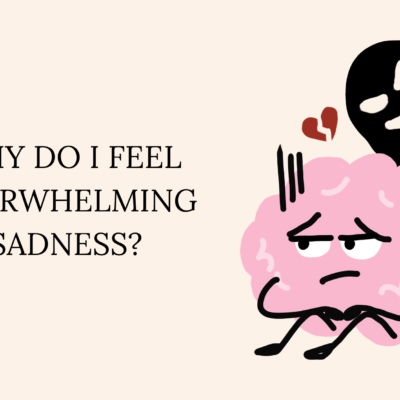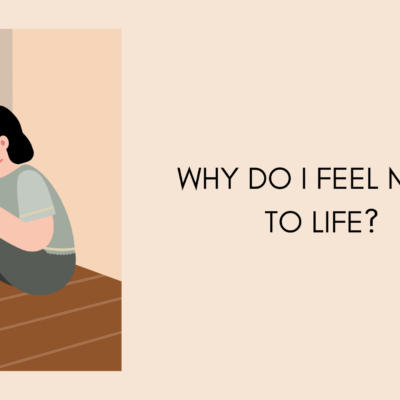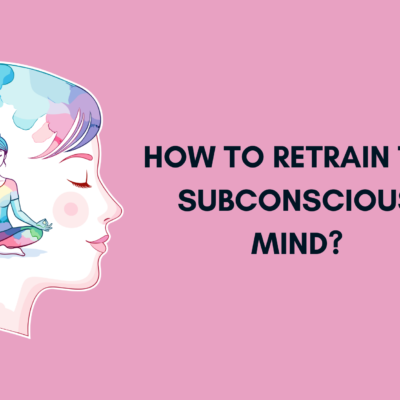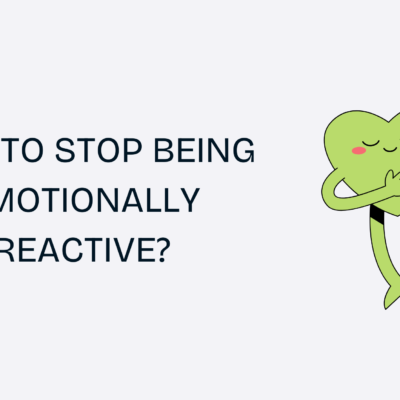How to be Supportive of a Depressed Partner: Loving someone who is battling depression can be one of the most heart-wrenching and challenging experiences. You want to help, you want to make them smile, you want things to go back to how they used to be—but depression doesn’t have an easy fix. It’s not just sadness. It’s a deep, persistent condition that can cloud every part of your partner’s life: energy, motivation, relationships, even self-worth.
You may feel helpless, confused, or emotionally exhausted. But your support—your understanding presence—can make a world of difference. In this guide, we’ll explore how to be emotionally supportive, what to say (and what not to), how to protect your own mental health, and how to walk this difficult path together with love and patience.
Also Read:
1. Understand What Depression Really Is
Before you can support your partner effectively, it’s crucial to educate yourself about depression. It’s not just about feeling “down” or “blue.” Clinical depression affects brain chemistry, energy levels, sleep patterns, and emotional regulation.
Key things to understand:
- Depression is not a choice or a weakness.
- They can’t just “snap out of it.”
- It may come in waves and affect their ability to function normally.
- It can impact your relationship dynamic, intimacy, and communication.
Why it matters:
Understanding depression helps you avoid taking things personally and approach your partner with empathy rather than frustration.
2. Be There—Even in Silence
Sometimes your partner might not want to talk, socialize, or even get out of bed. That doesn’t mean they don’t need you. Often, your quiet, non-judgmental presence can be the most comforting thing.
Ways to “just be there”:
- Sit beside them without expecting conversation.
- Hold their hand, or offer a gentle touch if they’re okay with it.
- Watch a show together or just be in the same room.
- Let them know: “You don’t have to say anything—I’m just here for you.”
Why it matters:
Depression can make people feel isolated and unlovable. Your quiet presence reminds them that they’re not alone, even when they feel lost.
3. Listen Without Trying to Fix
One of the most common mistakes partners make is jumping into problem-solving mode. While it comes from a good place, it often feels invalidating to someone with depression.
What to do instead:
- Practice active listening. Nod, maintain eye contact, and avoid interrupting.
- Use validating phrases like:
- “That sounds really hard.”
- “I can see why you’d feel that way.”
- “Thank you for trusting me with this.”
Avoid saying:
- “Just think positive.”
- “It’s not that bad.”
- “You should try being more grateful.”
Why it matters:
Your partner doesn’t need solutions—they need understanding. Feeling heard and validated is often the first step toward healing.
4. Encourage Professional Help—Gently
You are not a therapist, and you shouldn’t try to be. While your support is vital, professional treatment is often necessary for managing depression.
How to encourage without pushing:
- Suggest counseling with compassion: “Have you thought about talking to someone? I’ll support you however I can.”
- Offer to help find a therapist or go with them to the first appointment.
- If they’re hesitant, respect their pace but revisit the topic gently later.
Why it matters:
Therapy, medication, or both can be life-changing. Your support in seeking help may be the nudge they need.
5. Take Care of Yourself Too
Being the primary emotional support for someone with depression can be draining. You might feel overwhelmed, emotionally exhausted, or even resentful over time.
Protect your own mental health:
- Set boundaries when needed (e.g., “I love you, but I need a moment to recharge.”)
- Talk to someone—whether it’s a therapist, friend, or support group.
- Make time for your hobbies, rest, and joy.
Why it matters:
You cannot pour from an empty cup. Being emotionally strong for your partner requires caring for your own mental and emotional well-being.
6. Support Healthy Daily Habits—Without Being Controlling
Depression often strips people of motivation to do even basic things like eat, shower, or go outside. As a partner, you can help by gently encouraging small steps toward better self-care.
Ways to help:
- Invite them for a walk instead of telling them to exercise.
- Cook a healthy meal together.
- Open the curtains or light a candle to improve the environment.
- Suggest small, manageable tasks.
Avoid:
- Nagging or guilt-tripping them into doing things.
- Creating a “checklist” of wellness that pressures them.
Why it matters:
Gentle encouragement shows support without adding pressure or shame, which are counterproductive to healing.
7. Learn to Recognize Warning Signs
In severe cases, depression can lead to thoughts of self-harm or suicide. It’s important to know the signs and what to do.
Warning signs may include:
- Talking about death or feeling like a burden
- Withdrawing completely from everyone
- Giving away belongings or saying goodbye
- Expressing hopelessness frequently
What you can do:
- Ask directly: “Are you thinking of hurting yourself?”
- Remove potential means (like medication or weapons).
- Encourage immediate professional help or call a crisis line.
- Stay with them if they are in immediate danger.
Why it matters:
Addressing suicidal thoughts doesn’t “plant ideas”—it shows that you care and take their feelings seriously.
8. Be Patient—Healing Takes Time
Depression is not something that disappears overnight. There will be good days, bad days, and relapses. Healing is not linear.
What helps:
- Remind yourself it’s a journey, not a sprint.
- Celebrate small victories—like them getting out of bed or taking a shower.
- Avoid pressuring them to “hurry up and feel better.”
Why it matters:
Patience shows unconditional love. It reassures your partner that you’re in this with them—for the long haul.
9. Maintain the Relationship Outside of Depression
While you want to support your partner’s mental health, don’t let depression become the only thing you focus on. Try to keep the relationship alive in small, loving ways.
How to do this:
- Share a laugh over a funny memory or show.
- Compliment them or remind them what you love about them.
- Talk about things unrelated to depression—future plans, hobbies, or shared dreams.
Why it matters:
Your partner is more than their depression. Keeping the emotional connection strong gives both of you hope and a reason to keep going.
10. Know When to Get Outside Support
If your partner refuses to get help, becomes emotionally or physically abusive, or if their depression is affecting your own mental health significantly, it’s okay to seek guidance from a therapist or support group.
Also consider:
- Couple’s therapy to address relationship stressors.
- Support groups specifically for partners of people with depression.
- Emergency help if your partner is in danger of harming themselves.
Why it matters:
There’s a fine line between being supportive and losing yourself. You deserve support, too.
Conclusion: Loving Through the Storm
Supporting a depressed partner is not about fixing them. It’s about walking with them—sometimes through deep darkness—with patience, compassion, and love. You’re not expected to have all the answers. What matters most is your presence, your listening ear, and your willingness to love without judgment.
Yes, depression is hard. But love—real love—can be a powerful source of light. With support, professional help, and mutual care, many couples come out of this even stronger.






